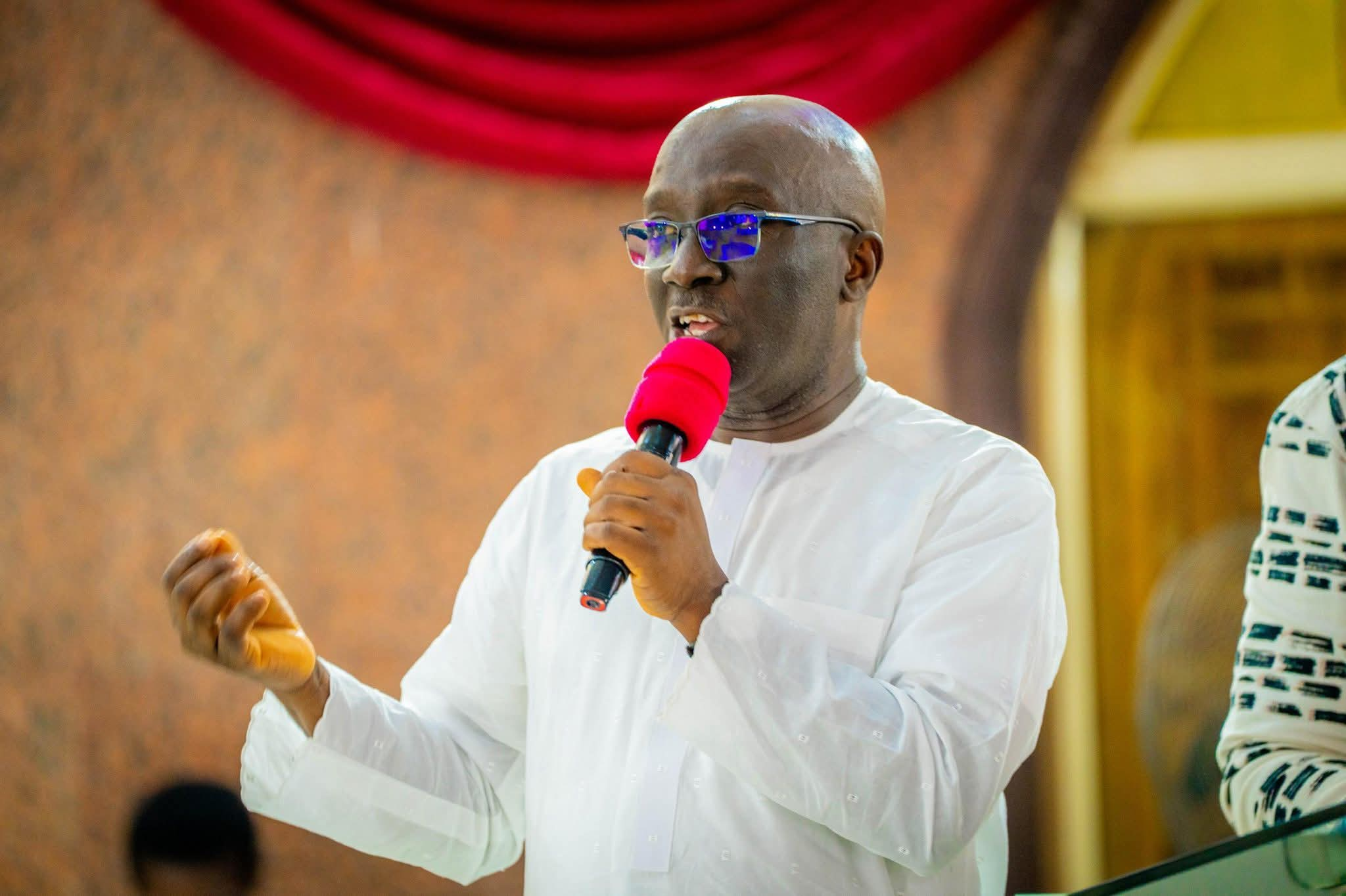By Editor
Edo State Government, under the leadership of Governor Monday Okpebholo, has in a demonstration of prudent governance and economic foresight, reduced the state domestic debt by a staggering ₦30.6 billion within just three months, emerging as a national model for fiscal discipline.
This reduction was made known through the newly-released data from the Debt Management Office (DMO). According to the data, the state’s domestic debt dropped from ₦113 billion in Q4 2024 to ₦82.4 billion in Q1 2025, the most substantial quarter-on-quarter debt reduction recorded among all Nigerian states within the period.
This development coming at a time when at least ten other states reportedly accumulated a combined ₦417.7 billion in new domestic debt despite increased revenue inflows from the Federation Account Allocation Committee (FAAC) shows that Edo has adopted a different path, one rooted in restraint, accountability, and long-term planning.
Speaking at a recent policy retreat in Benin City, Governor Okpebholo emphasized his administration’s commitment to sustainable growth. “We’re committed to growing Edo’s economy without mortgaging its future,” he said. “Borrowing must be strategic, purposeful, and productive, not a default mode for governance. We are here to build, not to burden.”
He noted that on assumption of office, his administration focused on revamping the state’s internal revenue framework, empowering the Edo Internal Revenue Service (EIRS) with digital tools, enhanced compliance strategies, and broader citizen engagement. These reforms, according to him, have not only boosted Internally Generated Revenue (IGR) but have also instilled renewed public confidence in the state’s financial management.
“Here in Edo, we have implemented a value-for-money budgeting framework that prioritizes capital projects and outcome-based spending. From rural electrification to roads, education, healthcare, and digital infrastructure, government resources are now strategically deployed to deliver tangible impact,” Okpebholo stated.
Observers have lauded the state’s fiscal performance, describing it as both rare and commendable in the current economic climate.
Dr. Nathaniel Igbinedion, an economist, noted that “Governor Okpebholo is redefining subnational governance. His administration is showing that it’s possible to govern responsibly without reckless borrowing or media gimmicks.”
The Okpebholo administration has also focused on debt servicing, renegotiation, and reallocation, further easing the state’s fiscal burden, resulting in a significantly improved debt service-to-revenue ratio, enabling Edo to focus on development priorities rather than financial firefighting.
Despite inflationary pressures, subsidy removal, and exchange rate instability, the state government has consistently refused to use national challenges as excuses for financial recklessness. Instead, it has used adversity as a springboard for innovation, reform, and strategic restructuring.
Citizens across the state have begun to notice the shift. “This is the most responsible government we’ve had in a while,” said Mrs. Veronica Ebosele, a retired teacher in Irrua. “We are seeing real projects without the state drowning in debt. That gives people hope.”
The governor’s commitment to promoting public-private partnerships, improving the ease of doing business, and attracting investment has further reinforced Edo’s position as one of Nigeria’s most forward-thinking subnational economies.
Discover more from DE-PATRIOT
Subscribe to get the latest posts sent to your email.
